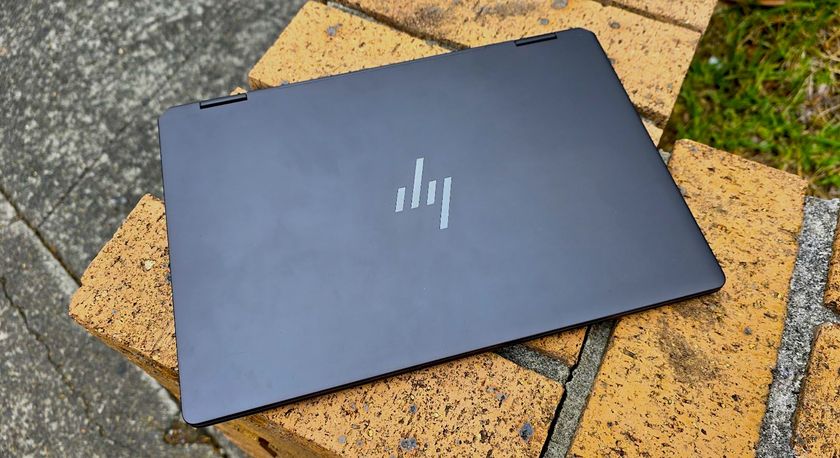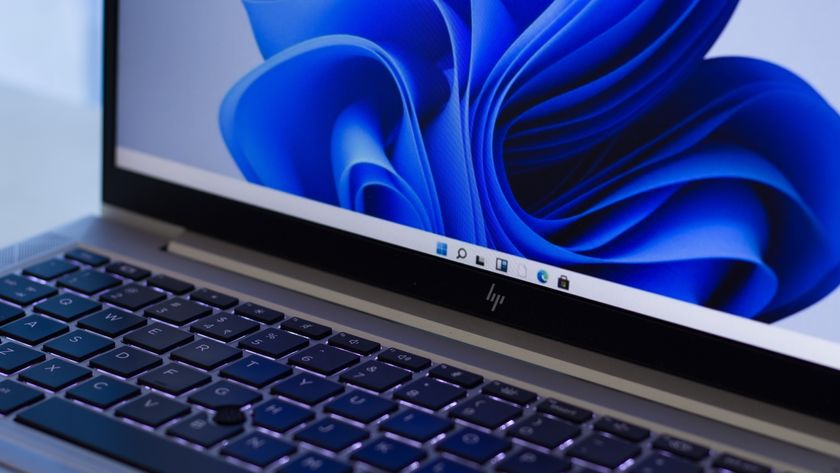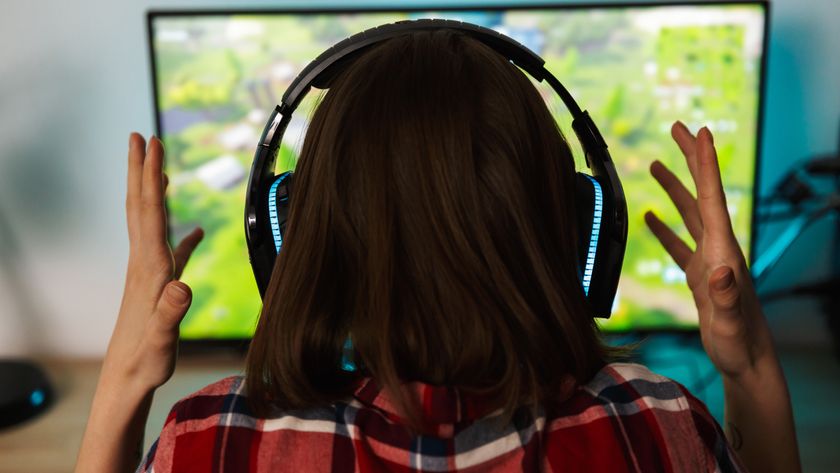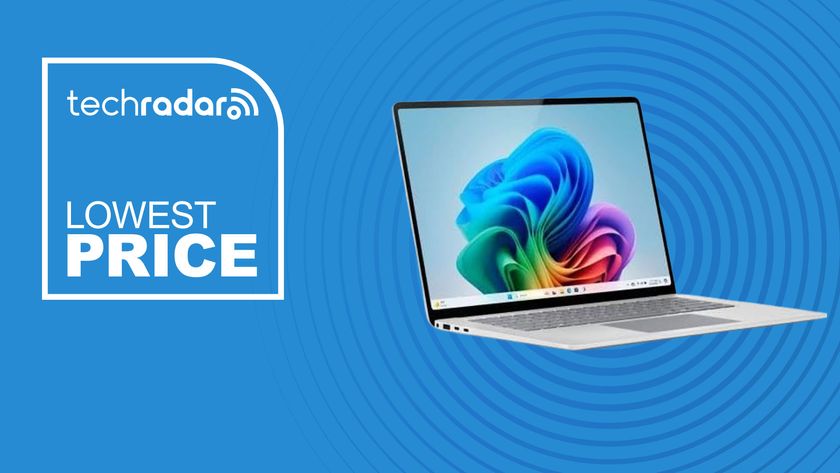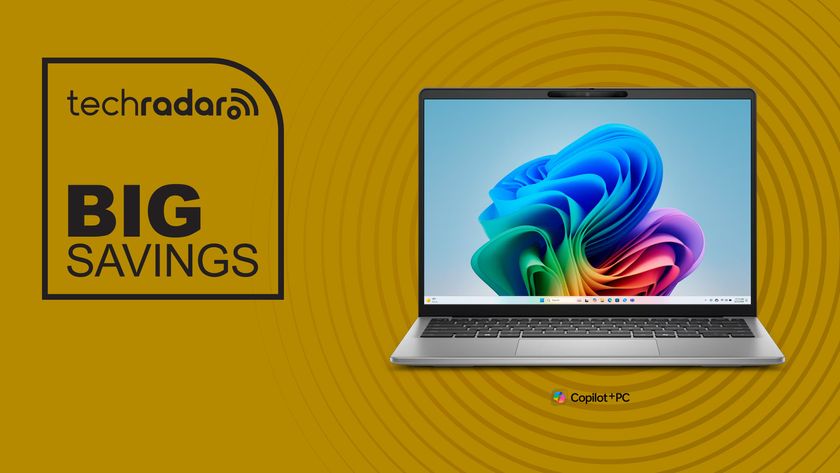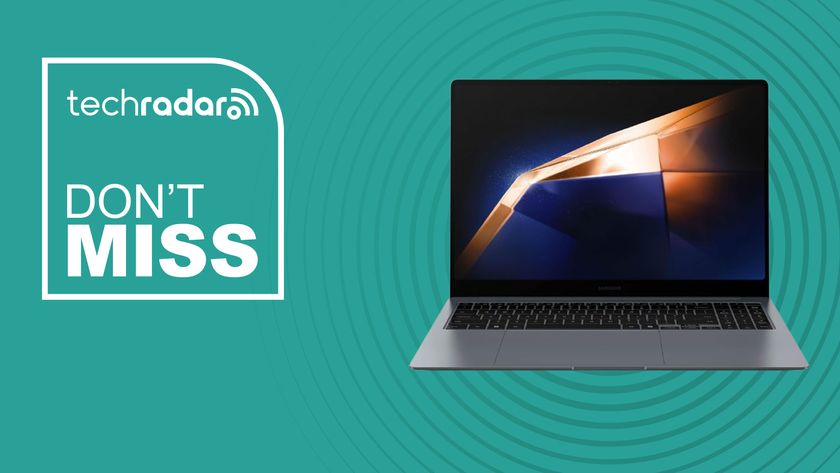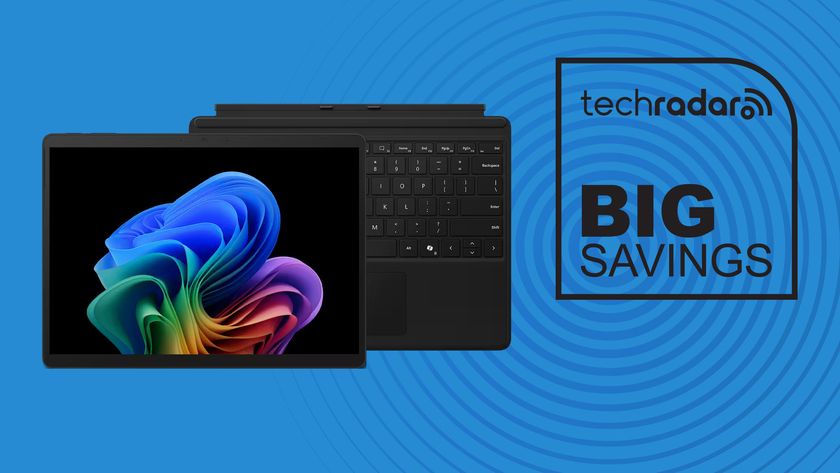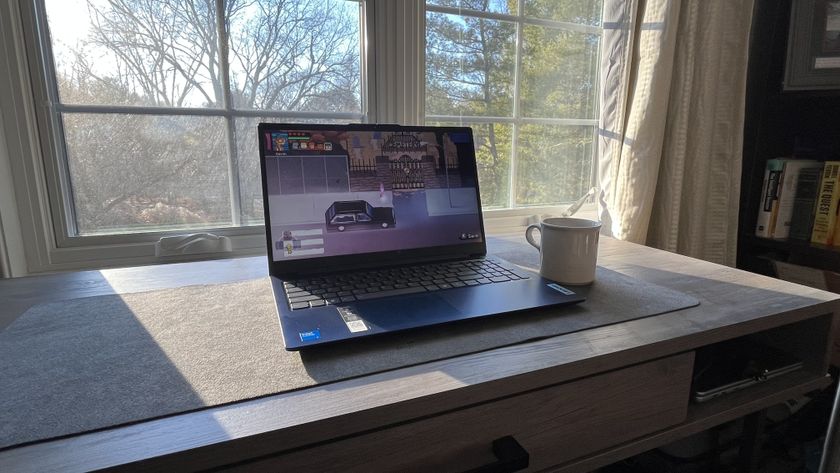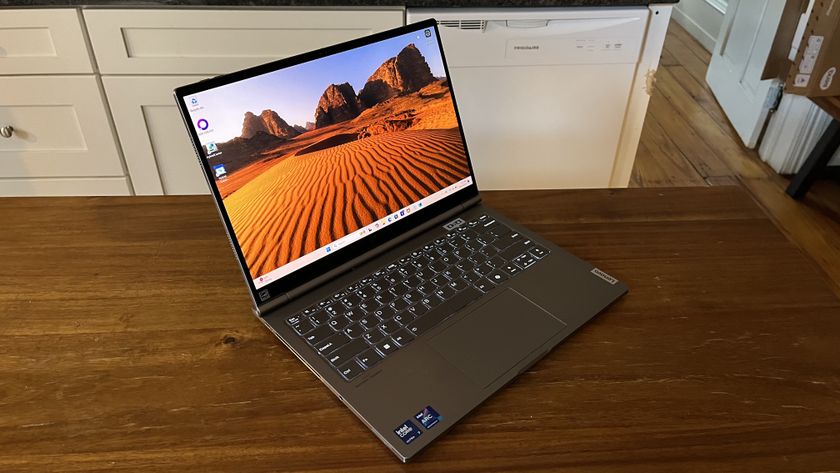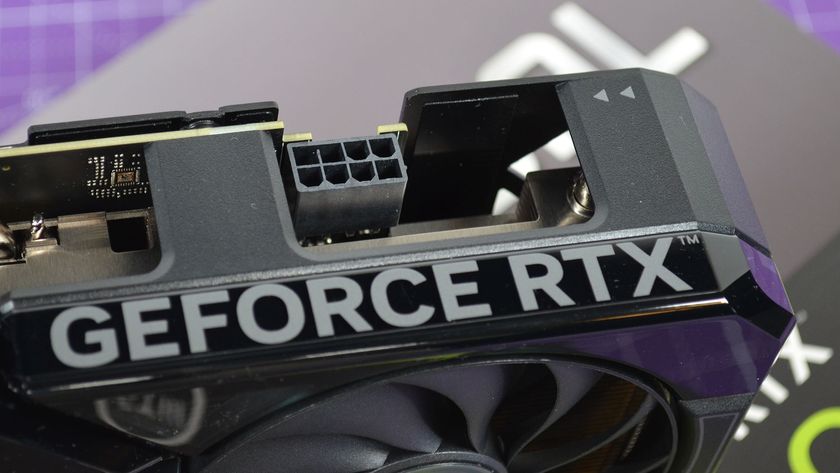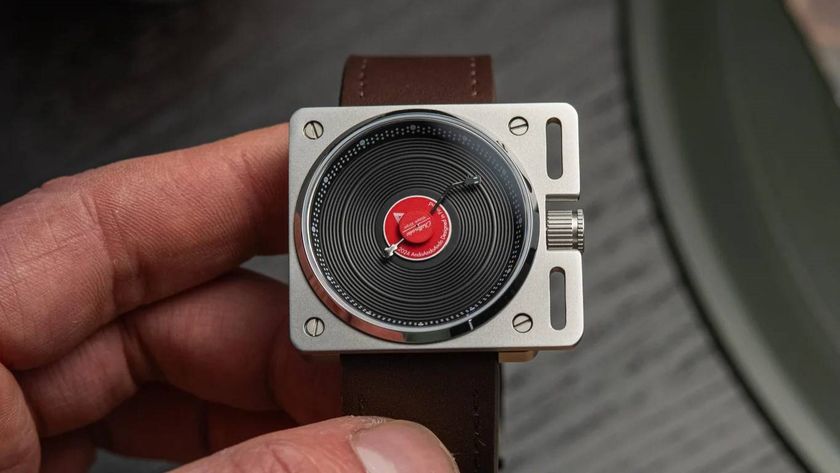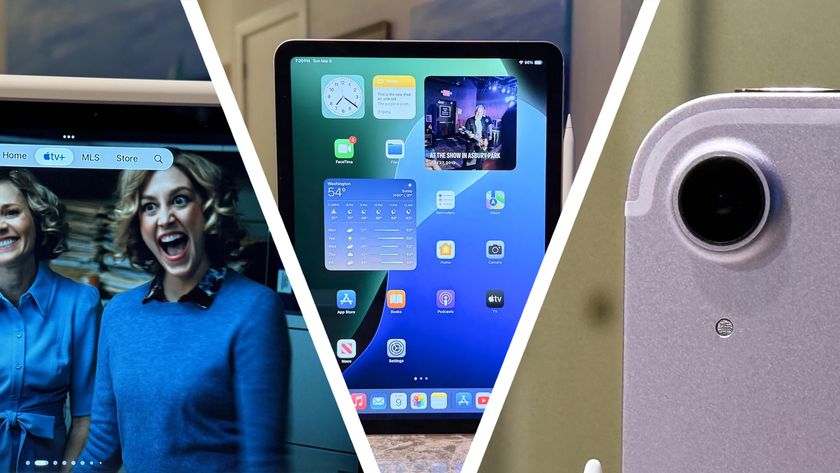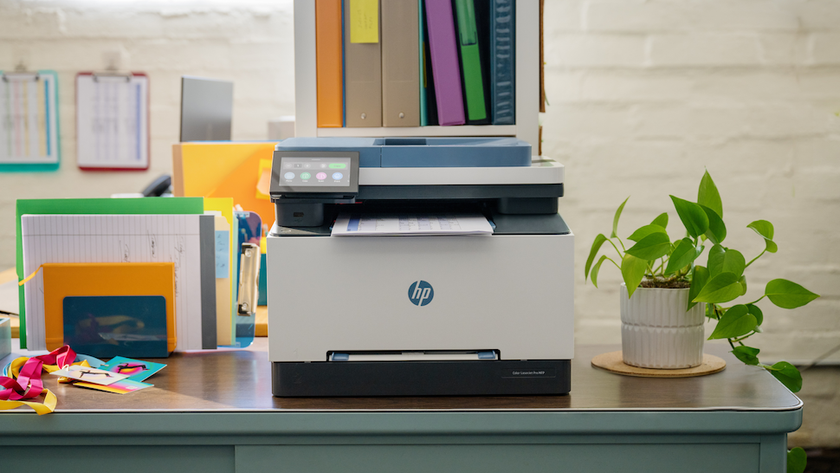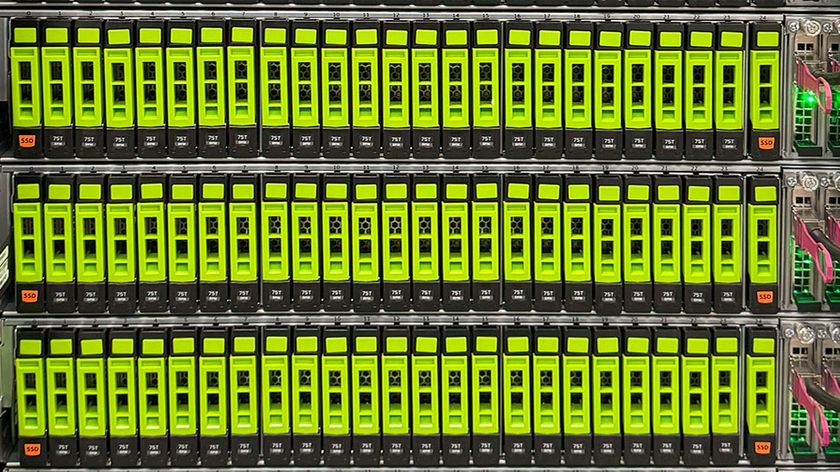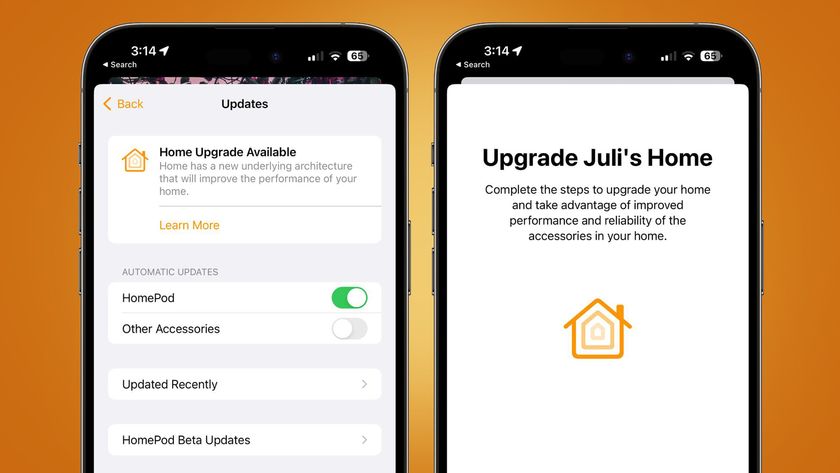A crappy Windows 11 driver is killing HP laptops – and owners are angry
Memory leak blues
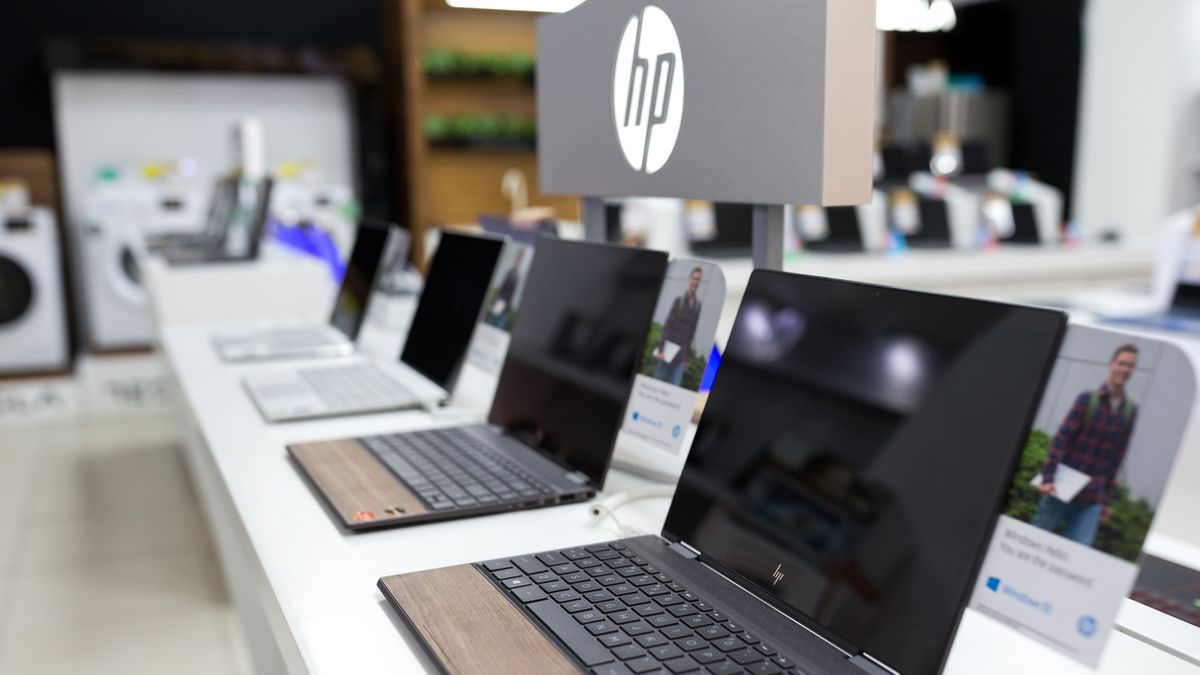
Update: HP has responded, telling us that "We are aware of the issue and the driver has been removed from Windows Update. We are working quickly to resolve this matter.” This is a promising development which means the driver won't be automatically (or accidently) installed. Hopefully HP will release a fixed update soon.
Original story follows...
Owners of some HP laptops are complaining that after upgrading to Windows 11, the ordinarily invisible HP Hotkey UWP Service, which runs in the background, starts taking up huge amounts of memory -- effectively rendering their machines useless.
HP customers have taken to HP’s support forums to complain about the issue, in a thread that's been viewed almost 20,000 times. The HP Hotkey UWP Service is a driver that lets you use the Function key on your laptop keyboard with the F1 – F0 keys to perform certain tasks, such as turning audio volume up and down. It starts automatically when Windows boots on an HP laptop, and users complain that while in Windows 10 it would take up minimal memory, in Windows 11 it takes up an enormous amount.
One angry owner complains that it’s using 49GB of the laptop's 64GB RAM.
That’s obviously a sign that something is amiss: No app should take up that much memory, especially a relatively simple service for keyboard shortcuts, and it points toward an issue such as a memory leak with the Windows 11 implementation of the HP Hotkey UWP Service.
This issue isn’t affecting all HP laptops – we’re writing this story on an HP Elite Dragonfly G2 with Windows 11 installed, and HP Hotkey UWP Service is using just 2MB of memory – but judging by the responses to the post on the HP support forum, plenty of people are struggling with this issue.
Get daily insight, inspiration and deals in your inbox
Sign up for breaking news, reviews, opinion, top tech deals, and more.
Analysis: Where is HP?
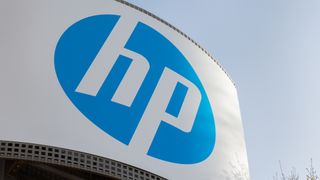
The thread about the HP Hotkey UWP Service taking up huge amounts of memory was started in July 2021, but people are still complaining about this issue in 2022, with little sign that HP is aware of the issue, or if it's working on a fix.
In fact, the latest message on the forum concerning the issue -- from the tail end of February -- is particularly damming. After reporting that their ZBook 15 G3 is suffering from having 100% of its RAM used up, the clearly frustrated user writes “HP -- where are you?”
Worryingly, this user is also on Windows 10, which means this problem could also affect people who haven’t upgraded to Windows 11, though the majority of people complaining about this issue appear to be on the newer operating system.
The fact that the company has been silent on this matter is concerning and only fuels more anger about the issue. Dodgy drivers and software updates happen all the time, but as long as companies are transparent about those issues and clear about what steps are being taken to address them, customers will normally understand.
Clearly, HP needs to get on top of this problem ASAP before the anger gets worse. We’ve reached out to the company for comment about this situation and to get clarity on what it's doing to address this issue. We’ll update this story as soon as we hear back.
In the meantime, it appears that some people have found that rolling back the LAN/WLAN/WWAN Switching and Hot Key Service driver (found in the Device Manager) to version 8.10.14.1 can help.
Reinstalling the driver (again, through Device Manager) may also help. Preventing the driver from loading with Windows is another option, though it’s not ideal.
- These are the best laptops of 2022

Matt is TechRadar's Managing Editor for Core Tech, looking after computing and mobile technology. Having written for a number of publications such as PC Plus, PC Format, T3 and Linux Format, there's no aspect of technology that Matt isn't passionate about, especially computing and PC gaming. He’s personally reviewed and used most of the laptops in our best laptops guide - and since joining TechRadar in 2014, he's reviewed over 250 laptops and computing accessories personally.


